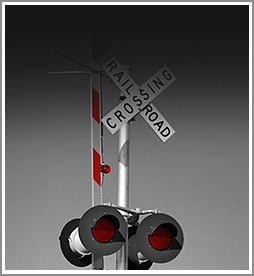 Watch your back when doing your job…literally. A study conducted by the U.S. Department of Health and Human Services reveals “strong evidence of an association between MSDs [musculoskeletal disorders] and certain work-related physical factors. The body part most adversely affected was the back. Sixty-five percent of lifting injuries affected the back, 52 percent of pushing or pulling injuries affected the back, and 58 percent of injuries from holding, carrying, or turning objects affected the back.
Watch your back when doing your job…literally. A study conducted by the U.S. Department of Health and Human Services reveals “strong evidence of an association between MSDs [musculoskeletal disorders] and certain work-related physical factors. The body part most adversely affected was the back. Sixty-five percent of lifting injuries affected the back, 52 percent of pushing or pulling injuries affected the back, and 58 percent of injuries from holding, carrying, or turning objects affected the back.
The study didn’t go so far as to say work-related tasks were a direct cause of MSDs, but did say the evidence contributed to the understanding of a “relationship between workplace risk factors and MSDs.” Essentially, this means you can’t say, “If you perform this task, you will definitely develop an MSD.” However, there are risks associated with these tasks.
This shouldn’t come as a major surprise. In 2001, a panel of doctors and researchers went before Congress and said one million people lose time from work each year due to MSDs. These disorders “impose a substantial economic burden in compensation costs, lost wages, and productivity. Conservative cost estimates vary, but a reasonable figure is about $50 billion annually in work-related costs-a figure representing approximately 1 percent of GDP.”
Railroad workers should be especially cognizant of this information. A railroad worker’s daily tasks can be extremely taxing physically and puts these individuals at an even higher risk for developing an MSD than someone, let’s say, working for the post office or at a paper mill.
Our firm regularly handles FELA cases for railroad trackmen, engineers, and conductors who hurt their backs on the job at Amtrak, Norfolk Southern and CSX. Sometimes these accidents happen on one day in one particular traumatic event and other times it is a cumulative process of micro-trauma from repetitive tasks over time. Either way, injured railroad workers need lawyers who know the medical literature to prove the claim.